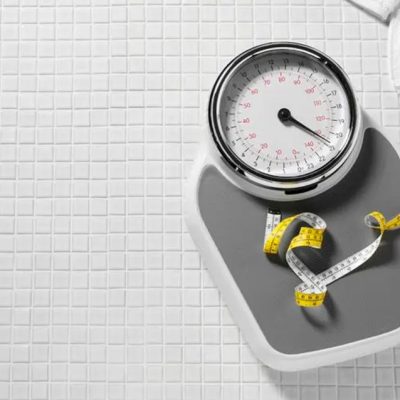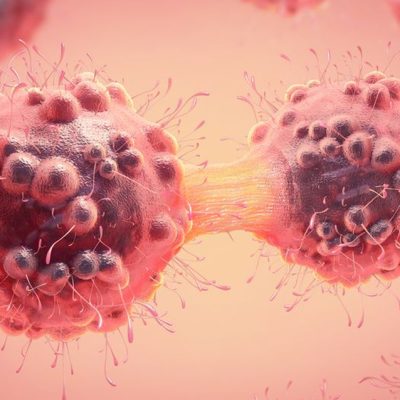It's not a bad thing if you pick a toasted bagel for breakfast, while your partner chooses eggs. In fact, according to a new study from the University of Waterloo, that difference could help you lose some weight. The study, which employed a mathematical model of men's and women's metabolisms, showed that men's metabolisms respond better on average to a meal laden with high … [Read more...]
It Only Takes 15 Minutes to Change Your Health
Corporate Cup, lunchtime yoga, or even 'walk and talks', organisations come up with all sorts of wellness initiatives to encourage people to be more active in the workplace. But before you duck and hide, new research shows that all it takes is 15 minutes and a touch of gamification to put you on the path to success. Assessing results from 11,575 participants, across 73 … [Read more...]
Scientists Exploring Potential New Treatments for Glioblastoma
A new approach to treating the most malignant type of brain cancer -- glioblastoma -- has shown strong promise in pre-clinical settings, raising hopes of increasing current average survival rates beyond 18 months. Targeted alpha therapy (TAT) is emerging as a potential additional treatment for glioblastoma (GB), a disease which has confounded oncologists for decades due to … [Read more...]
Cardio-Fitness Cuts Death and Disease by Nearly 20%
Running, cycling, or swimming -- if you regularly exercise, you're well on track for a long and healthy life, as groundbreaking new research from the University of South Australia finds that an increased cardio fitness level will reduce your risk of death from any cause by 11-17%. Published in BJSM, the study found that for every 1-MET increase in cardiorespiratory fitness … [Read more...]
Poor Iodine Levels in Women Pose Risks to Fetal Intellectual Development in Pregnancy
An increasing number of young women are at increased risk of having children born with impaired neurological conditions, due to poor iodine intake. Dietary changes, including a growing trend towards the avoidance of bread and iodised salt, as well as a reduced intake of animal products containing iodine can contribute to low iodine levels. A small pilot study undertaken … [Read more...]




